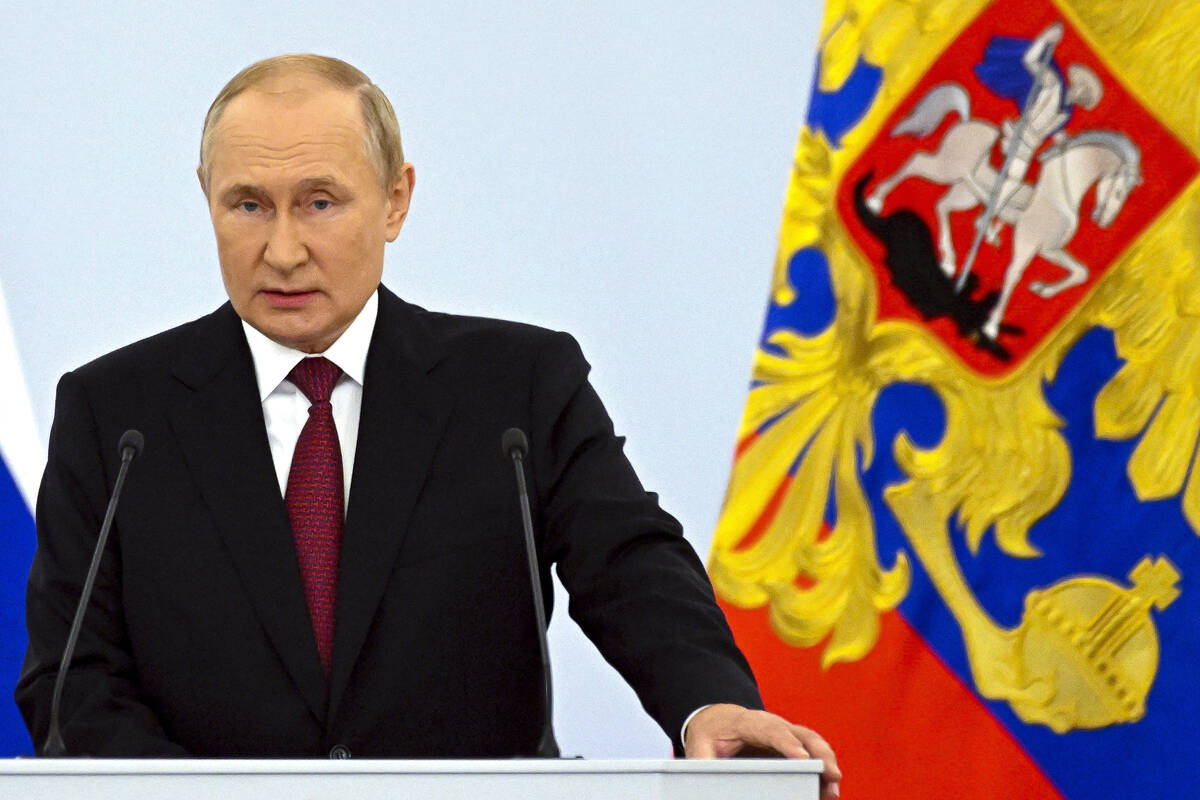President Donald Trump has intensified his efforts to address the ongoing conflict in Ukraine, particularly in light of Russia’s continued aggression. Despite previous optimistic engagements with Vladimir Putin, Trump has expressed frustration over the Russian president’s unwillingness to cease hostilities. This month, the White House set a deadline for Russia to agree to a cease-fire, initially allowing 50 days for compliance, which Trump has since shortened to 10 to 12 days.
In a recent statement, Trump indicated that failure to reach an agreement would result in “sanctions and maybe tariffs, secondary tariffs,” as reported by the Wall Street Journal. This marks a significant shift in the U.S. approach to Russia, as the country grapples with the implications of continuing military actions in Ukraine.
Congressional Support for Sanctions
Bipartisan support in Congress is growing for measures to counter Russian aggression, reflecting a shift in public sentiment as well. Recent opinion polls indicate increasing backing for standing firm against Putin’s actions. A key legislative effort involves a pending Senate bill with broad support, including 85 sponsors from both major political parties. This bill proposes substantial secondary tariffs on nations that finance Putin’s military operations, particularly those buying Russian oil and gas.
According to Senators Lindsey Graham, a Republican from South Carolina, and Richard Blumenthal, a Democrat from Connecticut, the ultimate goal of these tariffs is to compel Putin to negotiate peace. They articulated that targeting countries like China, India, and Brazil—which continue to support Russia financially—could serve as a powerful tool in bringing about a resolution to the conflict.
Senate Majority Leader John Thune noted two weeks ago that the timing of a vote on this legislation might be contingent on Trump’s actions regarding Russia. Thune suggested that should the president find it advantageous to implement similar measures, the Senate would be prepared to act quickly. “If at some point the president concludes that it makes sense and adds value… then we’ll be ready to go,” he told Politico.
Potential Consequences of Inaction
The situation underscores a critical juncture for the Trump administration. The administration’s approach to Russia will have far-reaching implications, not only for the conflict in Ukraine but also for U.S. international relations. Analysts warn that underestimating Putin’s resolve could lead to outcomes similar to the chaotic withdrawal from Afghanistan under President Joe Biden.
The potential for tariffs presents an opportunity for Trump to assert U.S. leadership in the face of rising global tensions. As the deadline approaches, the administration faces mounting pressure to utilize available legislative tools effectively. The coming days will be crucial in determining whether Trump can leverage these sanctions to influence a diplomatic resolution and shift the trajectory of the ongoing war in Ukraine.
In summary, Trump’s next steps will likely define not only his presidency but also the United States’ position on the global stage in relation to Russian aggression. The administration must navigate the complexities of international diplomacy while responding to the urgent call for action from Congress and the public alike.





































































